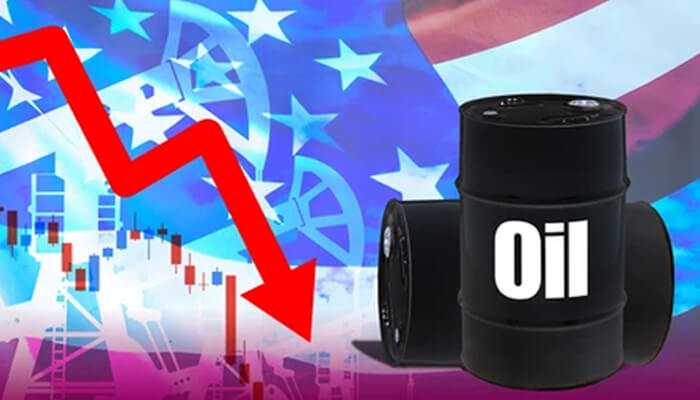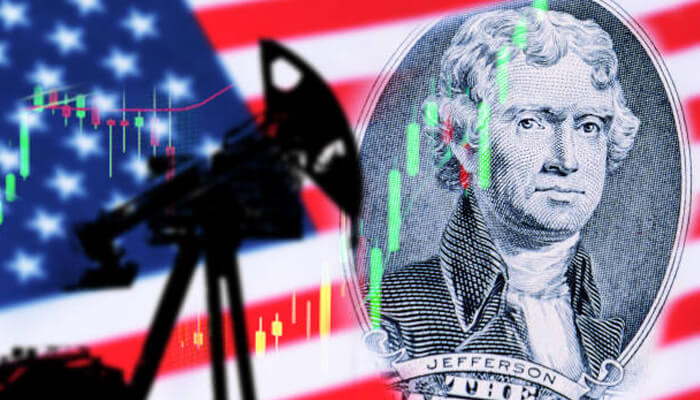Oil prices are one of the major determinants of the world economic scenario, and it decides whether the economies of the major countries experience a recession or not. So, we are reporting new developments regarding the oil prices in this article.
Strong U.S. economic statistics increased worries that the Federal Reserve will maintain restrictive monetary policies to combat inflation, which might hurt fuel demand even though crude stockpiles build, which caused oil prices to decline on Friday and were on course for weekly deficits.
By 01:05 GMT, Brent crude futures had lost 49 cents, or 0.6%, to reach $84.65 per barrel, while U.S. West Texas Intermediate (WTI) crude futures had also lost 0.6%, falling 46 cents to $78.03. Both benchmarks were expected to drop by around 2% on a weekly basis.
The U.S. producer price index increased 0.7% in January compared to a 0.2% decline in December, according to data. Surprisingly, contrasted to the 200,000 estimates, unemployment numbers dropped to 194,000, in accordance with a Reuters poll.
According to Kazuhiko Saito, chief analyst at Fujitomi Securities, “strong U.S. data increased concerns over rate hikes and spurred a jump in U.S. Treasury yields, which impacted oil and other commodities prices.”
According to him, pressure increased as U.S. petroleum stockpiles increased.
According to a larger-than-anticipated rise, the Energy Information Administration (EIA) stated that U.S. crude oil stockpiles last week increased to their top level since June 2021.
“But the loss was minimal as investors foresee a recovery in fuel consumption in China,” Saito said, forecasting that the price will remain in a narrow range without proper guidance for the time being.
During the past few weeks, the price of oil has seesawed between concerns about an impending recession in the United States and inflation-fighting rate hikes and optimism for a recovery in demand in China, the world’s largest oil consumer.
After relaxing its Covid-19 restrictions, China will account for nearly half of this year’s growth in oil demand, according to the International Energy Agency (IEA). However, restrained production by OPEC+ countries, which are affiliates of the Organization of arab Petroleum Exporting Countries and allies, could result in a supply shortfall in the second quarter.
The present OPEC+ agreement to reduce oil production levels by 2 million barrels per day will be in place until the end of the year, according to Saudi Arabia’s Energy Minister Prince Abdulaziz bin Salman. He also expressed continued caution on Chinese demand.



